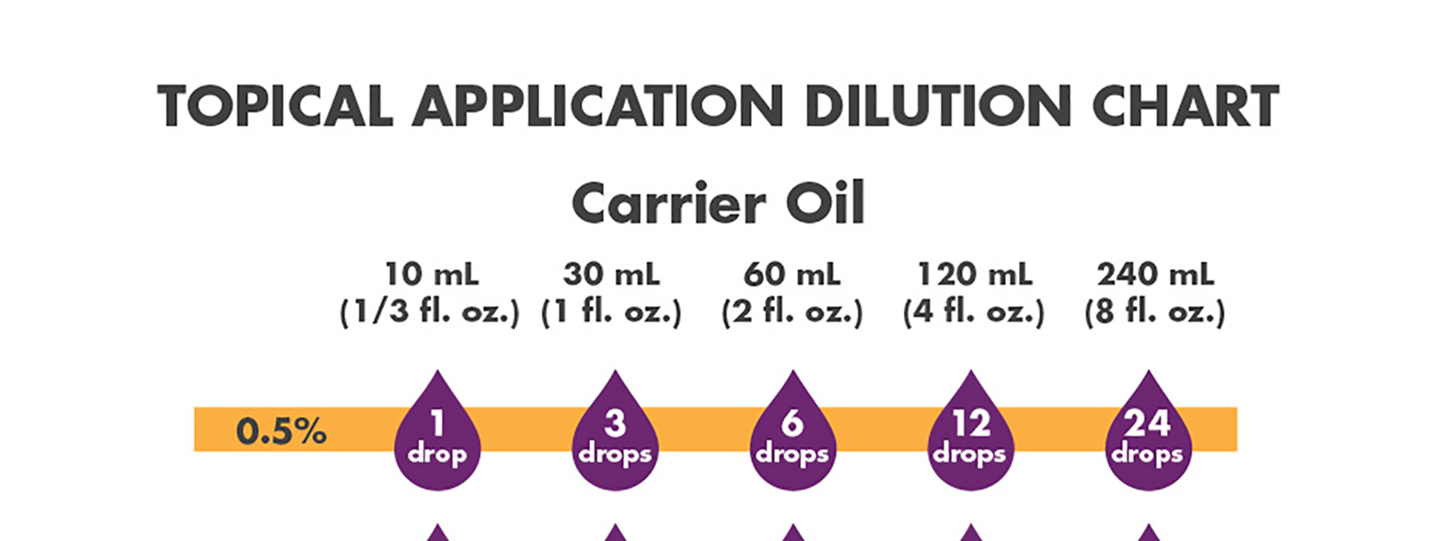Use of Essential Oils Around Dogs and Cats
Our pets are an integral part of the family.
While essential oils have a variety of benefits for people, their use around animals and pets requires caution. This is because animals are anatomically and physiologically very different from people, and the way they metabolize and eliminate undesirable substances from their bodies is very different as well.
Our experts at NOW recommend caution when using essential oils around pets.
Caution may include talking to a veterinarian about specific oil usage or accessing authoritative sources on essential oils, such as the Tisserand Institute for uses, concentrations, and more.
Currently, the information regarding the use of essential oils in and around animals is very limited. Due to the limited amount of data available, NOW does not recommend that concentrated essential oils be intentionally given to an animal for ingestion or applied topically unless directed for a specific condition under the direction of a veterinarian.
If you diffuse essential oils, steps should be taken to minimize full strength exposure for any pet.
- Always ensure diffusers are used in an open, well-ventilated area of the home.
- If diffusing for the first time around a pet, carefully monitor all pets for the first several minutes to see how they react to the scent.
- Make sure to give pets plenty of freedom to move to another room or area of the house if a diffused scent becomes too strong for them.
Due to insufficient information concerning the use of essential oils in cats, we cannot recommend their general use for direct inhalation through diffusion. Cats metabolize substances very differently from other animals and are unable to efficiently break down and eliminate certain chemicals and metabolites from their bodies. Medications and chemicals in the environment that would not be a problem for people, or even dogs and other animals, have the potential to be very toxic to cats.
Special note on citrus oils
Limonene and linalool are organic chemicals commonly found in citrus-based essential oil products. These constituents have been associated with severe dermatitis in some animals, and especially in cats.









